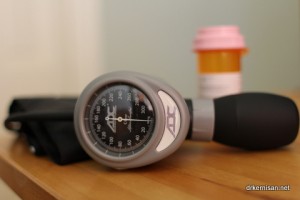 One of the most common questions I get asked is “How can I get care for my aging parent and how much will it cost?”
One of the most common questions I get asked is “How can I get care for my aging parent and how much will it cost?”
The answer generally depends on these factors:
- What kind of elder care does the older person need or want?
- What are the available options for providing the needed elder care?
- How much do the different options cost?
- What are the options for paying for the desired type of elder care?
These are important questions to consider. If your aging parent seems to need help, it’s imperative to find out what are your options for providing the needed support. And finances do often determine how a family proceeds with arranging elder care.
And even if your aging parent doesn’t need help now, they very well might in the future. So it’s also reasonable to plan ahead, and consider how elder care might be provided, if/when it becomes needed in the future.
Now, the truth is that most older adults don’t need much assistance from others. But research shows about 70% of older adults do end up needing some form of “senior care,” for a time ranging from a few months to several years.
So in this article, I’ll share the key things to know, about options for elder care and how to pay for it. Specifically, I’ll cover: [Read more…]






 If I had to recommend one key piece of healthcare equipment that older adults & caregivers should have at home, it would be this: a good home blood pressure (BP) monitor.
If I had to recommend one key piece of healthcare equipment that older adults & caregivers should have at home, it would be this: a good home blood pressure (BP) monitor.


